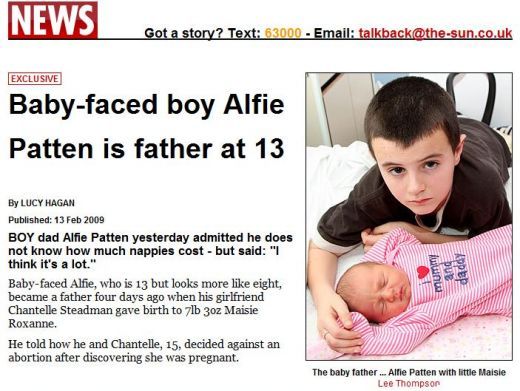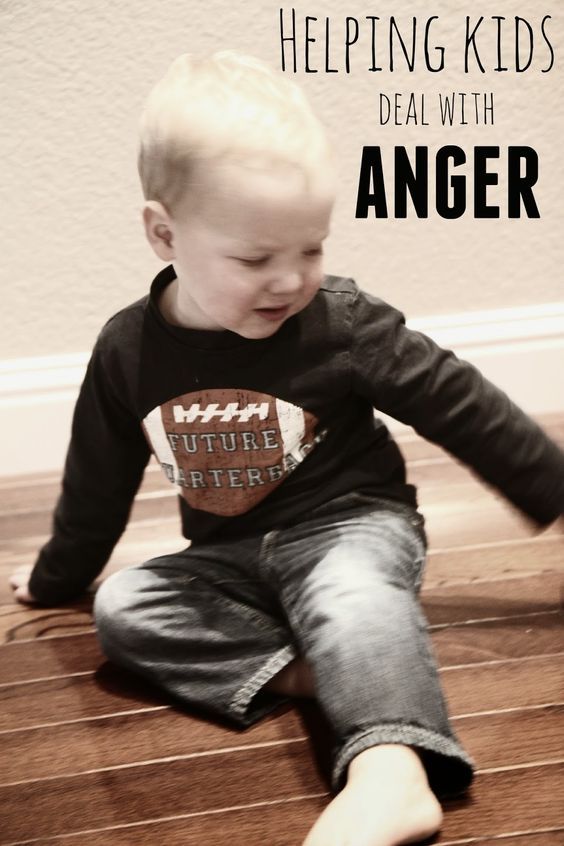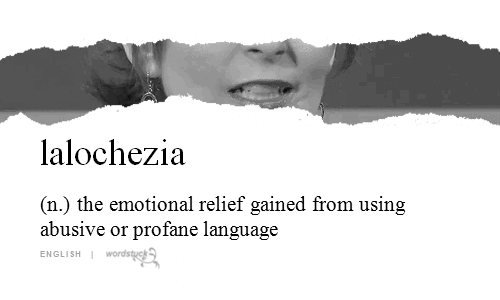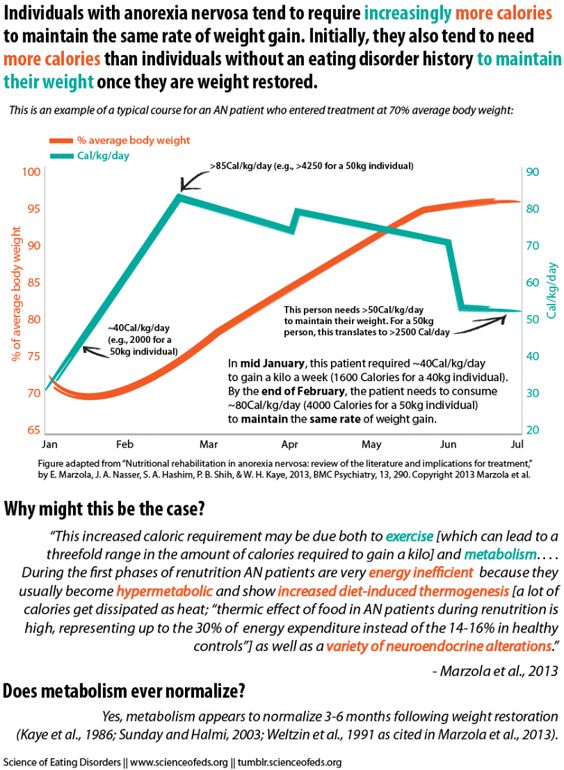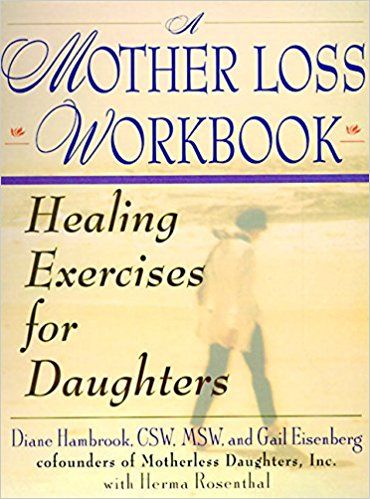How does a teenager know she is pregnant
I'm Pregnant, Now What? | Pregnancy Options For Teens
In This Section
- STDs, Birth Control, and Pregnancy
- What do I need to know about STDs?
- What do I need to know about birth control?
- What’s the best kind of birth control?
- How do I talk to my parents about birth control and STDs?
- I think I’m pregnant.
Now what?
- Parental Consent and Notification Laws
A surprise pregnancy can be stressful and scary. You’re the only one who can decide what to do, but there are people who can give you info and support. You’re not alone.
How do I know if I’m pregnant?
Pregnancy can only happen if semen (cum) gets in your vagina or on your vulva. So if you haven’t had penis-in-vagina sex or had any semen (cum) near your vulva since your last period, you’re not pregnant.
Also keep in mind that it takes up to a few weeks for pregnancy to happen after sex. So if the sex happened a few days ago, you can’t be pregnant yet — in fact, you can still use emergency contraception (like the morning-after pill) to help prevent pregnancy if it’s been less than 5 days since you’ve had unprotected sex.
If you’ve had penis-in-vagina sex and miss your period, it’s possible that you’re pregnant. But keep in mind that lots of things besides pregnancy can mess with the timing of your period, like stress, diet, changes in your weight, and being sick. It’s also really common to have irregular periods when you’re a teenager.
The first thing to do if you think you’re pregnant is take a pregnancy test — it’s the only way to know for sure. A pregnancy test can tell you if you’re pregnant as soon as your period is late. Read more about pregnancy tests.
Early pregnancy symptoms include bloating, sore breasts, upset stomach, and feeling tired. But these symptoms can also be caused by other things, like PMS or being sick. And some people don’t have symptoms at all in early pregnancy. So symptoms alone can’t tell you what’s going on — only a pregnancy test can.
If your pregnancy test is positive, make an appointment with your doctor or local Planned Parenthood Health Center right away so you can talk about your pregnancy options and make sure you stay healthy — no matter what you decide to do about your pregnancy. But be careful to go to a real health center and not a crisis pregnancy center — these are fake clinics that often say they offer pregnancy tests and counseling, but they don’t actually provide a full range of real health care. They won’t give you honest information about your pregnancy options, and they don’t have to follow privacy laws. Planned Parenthood can help you find somewhere trustworthy.
But be careful to go to a real health center and not a crisis pregnancy center — these are fake clinics that often say they offer pregnancy tests and counseling, but they don’t actually provide a full range of real health care. They won’t give you honest information about your pregnancy options, and they don’t have to follow privacy laws. Planned Parenthood can help you find somewhere trustworthy.
I’m pregnant — what do I do now?
Finding out you’re pregnant can feel overwhelming, but try to stay calm. You’re going to be okay, and there are people who can help you.
If you’re pregnant you have 3 options:
Parenting — giving birth and raising the child.
Abortion — ending the pregnancy.
Adoption — giving birth and placing the child with another person or family, forever.
If you think you might choose parenting or adoption, you need prenatal care to make sure you stay healthy during the pregnancy.
If you’re thinking about getting an abortion, try to make an appointment as soon as you can. It can be harder to get an abortion as time goes by. If you live in a state where abortion is illegal, you may have to go to another state to get an abortion and it can take time to arrange travel. Whatever you decide to do, go to a doctor right away so they can help you stay healthy.
It can be harder to get an abortion as time goes by. If you live in a state where abortion is illegal, you may have to go to another state to get an abortion and it can take time to arrange travel. Whatever you decide to do, go to a doctor right away so they can help you stay healthy.
The staff at your local Planned Parenthood health center can give you accurate information about all your options, answer your questions, and offer support. You can also find a trustworthy abortion provider at AbortionFinder.org.
You can also get information and health care from other family planning centers or your family doctor. Be careful when looking for a reliable health center — there are fake clinics that say they have pregnancy services, but they don’t offer a full range of health care, and they may not even have real nurses and doctors on staff. These are called Crisis Pregnancy Centers, and they’re run by people who won’t give you truthful or accurate information about pregnancy, abortion, birth control, or sexual health.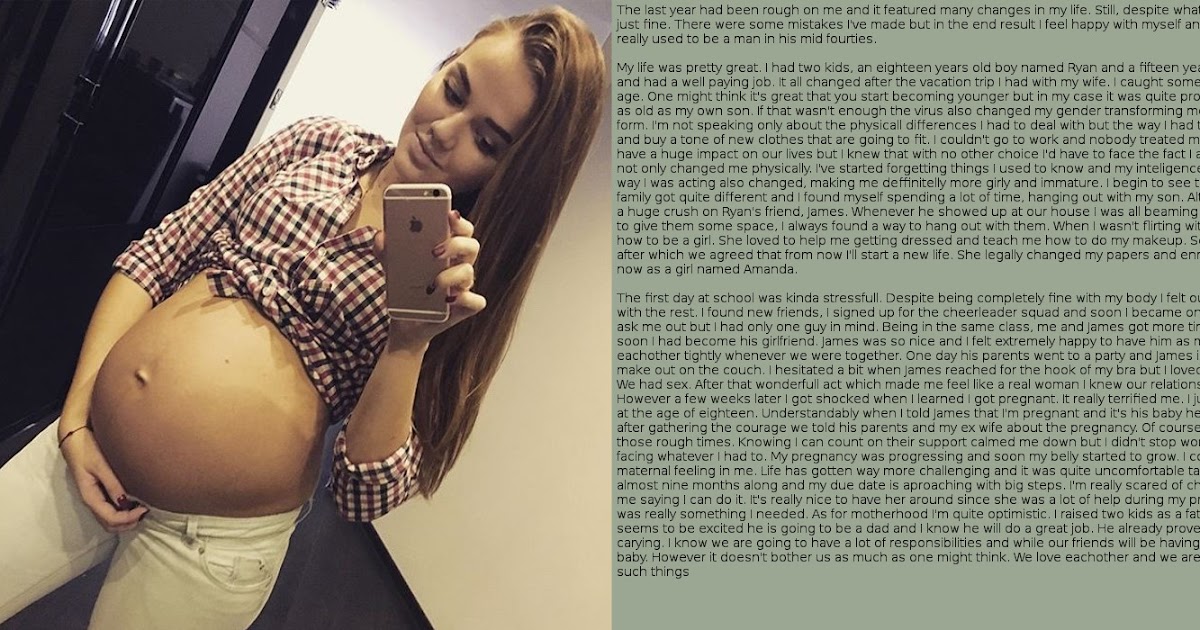 Read more about Crisis Pregnancy Centers.
Read more about Crisis Pregnancy Centers.
Talking with someone about your feelings can be helpful, too. If you can, it’s a really good idea to talk with a parent or caregiver about it — chances are they care about you and want to help you. You could also talk with another family member, boyfriend/girlfriend, friend, school counselor, religious advisor, or another adult that you trust. Choose someone who will listen to you, be supportive, respect your privacy, and won’t be judgmental or try to pressure you into anything.
If you’re having a hard time finding someone in your life to talk with, check out All-Options. All-Options has a free, private hotline where you can talk about your pregnancy and get support, no matter how you’re feeling.
No one should pressure you into making any decision about your pregnancy, no matter what. Only you know what’s right for you.
How do I tell my parents that I’m pregnant?
Even though it might feel scary, talking with a parent or caregiver can really help. They can talk through your options with you, and help you get the health care you need.
They can talk through your options with you, and help you get the health care you need.
Many people worry that their parents/caregivers will freak out, but that’s not always what happens. If you can, try to be open and honest. Start by saying that you trust them and need their help and support. Most of the time, they just want to make sure you’re healthy and safe. If your parents/caregivers do get upset, they may just need some time to calm down.
Sometimes parents/caregivers are shocked or angry, and sometimes they're understanding. There’s really no way to know how yours will feel unless you talk with them about it. It might help to find a time when you can talk in private and there are no distractions. If you’re feeling really nervous or scared, you can always ask a friend or other family member to be there with you during the conversation. That way, you’ll have support no matter what happens.
If you really feel like you can’t talk to your parents/caregivers, try talking to another adult who you trust (like an aunt or uncle, grandparent, older sibling, school nurse, or counselor). If you’re worried that telling your parents/caregivers you’re pregnant may put you in danger, tell a teacher, nurse or doctor, or other adult you trust.
If you’re worried that telling your parents/caregivers you’re pregnant may put you in danger, tell a teacher, nurse or doctor, or other adult you trust.
- Yes
- No
Help us improve - how could this information be more helpful?
How did this information help you?
Please answer below.
Are you human? (Sorry, we have to ask!)
Please don't check this box if you are a human.
You’re the best! Thanks for your feedback.
Thanks for your feedback.
Teen Pregnancy: Your (First) Four Steps - Legacy Pregnancy Center
If you’re a teen who thinks you might be pregnant, you might not know how to get the answers you need. What do you do? Who do you tell? What help is available for teen pregnancy?
What do you do? Who do you tell? What help is available for teen pregnancy?
In 2017, 194,377 babies were born to women aged 15–19 years old in the U.S. Although higher than many other industrialized countries, the U.S. pregnancy rate, birth rate, and abortion rate have all decreased significantly since the pregnancy rate peaked in 1990. Despite the decline, many young women your age still feel pressure to have sex before they’re ready and consider themselves totally unprepared for pregnancy, parenting…or even making a pregnancy decision.
But right now, you need to know if you’re really pregnant and, if so, what to do once your pregnancy is confirmed.
Here are some possible pregnancy symptoms.
AM I PREGNANT?If you’ve recently had sex, you may be concerned that you are pregnant. Symptoms can start as soon as your baby is conceived, while some women don’t notice changes for several weeks.
Here are some of the most reported symptoms of early pregnancy:
- Late or missed period
- Tender or swollen breasts
- More frequent urination
- Nausea and vomiting
- Fatigue
- Backaches
- Food cravings or aversions
- Darkening of nipples
What should you do if you notice one or more of those signs? The first thing many women do is buy an over-the-counter home pregnancy test.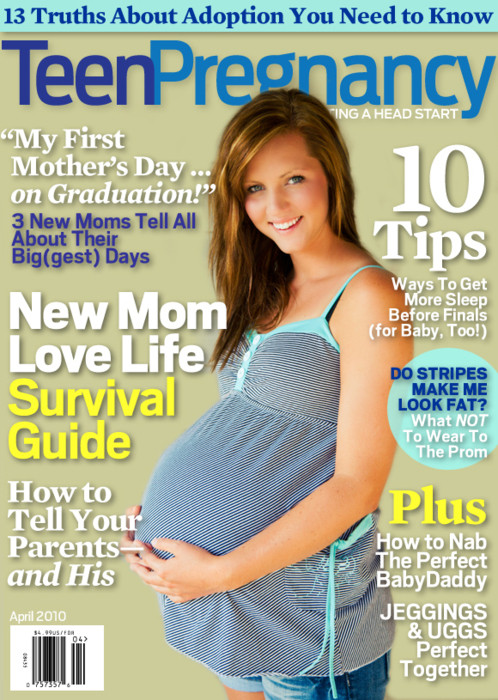
If the home pregnancy test shows a positive result, you may feel a range of emotions. Or you may be numb. Most pregnant teens feel scared and uncertain…unsure of who to talk to and what to do next.
In this article, we have some helpful tips for dealing with an unexpected pregnancy.
#1: Slow DownIf your pregnancy is confirmed, you likely already know you have some difficult decisions to make…for yourself and for your baby.
Not all these decisions need to be made immediately. But some need your careful attention now. It’s time to slow down and gather accurate, unbiased information. In the case of an unplanned teenage pregnancy, it is important to give yourself the time and space you need to make an informed decision without pressure. It is not a time for quick decisions.
#2: Identify a Support PersonSeek out a trusted person to talk to. It could be a parent, teacher, friend, or a leader in your faith community.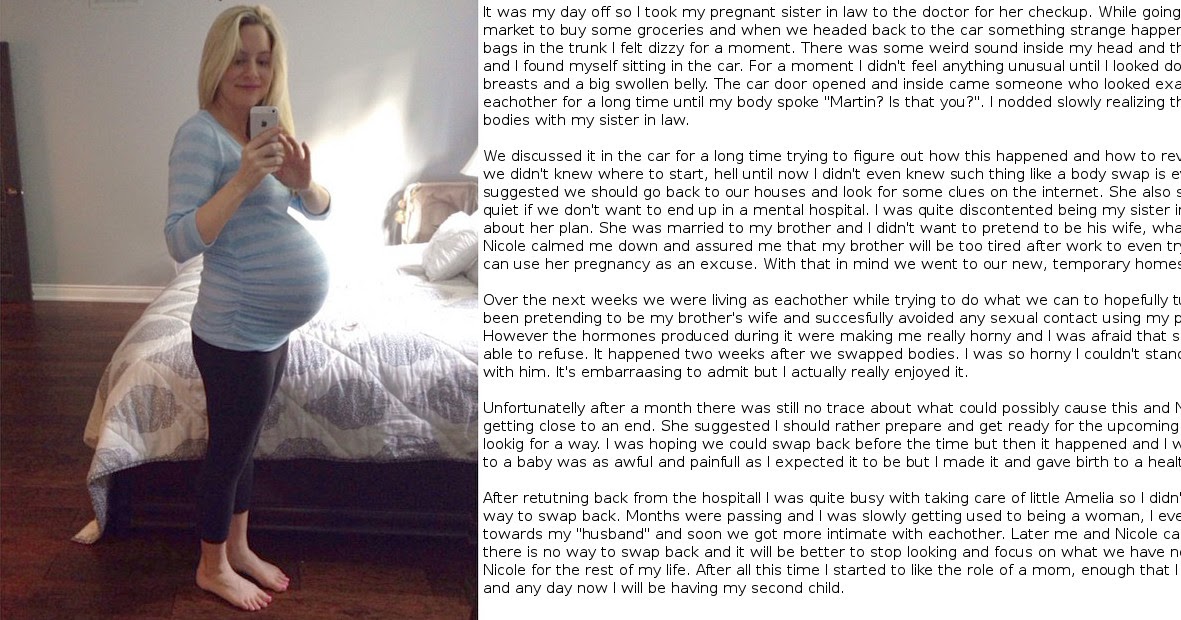 At Legacy Pregnancy Center, we provide free support for teenage mothers and couples, including mentoring to answer your questions and get you the help you need now. How do you decide who to trust?
At Legacy Pregnancy Center, we provide free support for teenage mothers and couples, including mentoring to answer your questions and get you the help you need now. How do you decide who to trust?
- Talk to someone who will listen well and keep your situation confidential
- Find someone who will not pressure you into a particular decision
- Seek out someone with unbiased information, or who will refer you to resources for this information
- Turn to someone who has no financial stake in your decision
A positive home pregnancy test may be accurate, but it must be confirmed to receive helpful pregnancy counseling and prenatal care. So, schedule a free, confidential pregnancy test by contacting Legacy. To confirm the accuracy of your home results, we provide lab-quality tests and ultrasound at no cost.
What to expect at your Legacy appointment
#4: Tell Your ParentsIn the case of an unplanned pregnancy, you may be frightened of what others will think…especially your parents.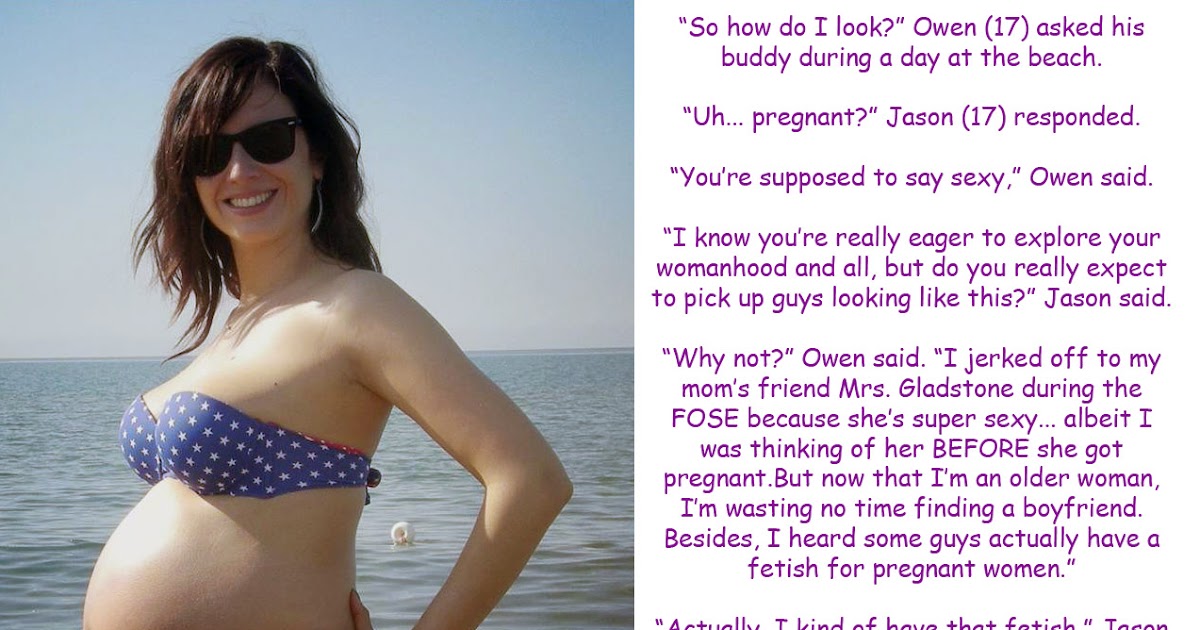
If you aren’t sure what to say, or how to respond to their questions and concerns, we will give you accurate information and emotional support to guide you through this difficult conversation.
While scary at first, most pregnant teenagers find that their parents want to help. You need a strong support system as you navigate important decisions and prepare for the short- and long-term effects of your pregnancy. You were probably shocked and disappointed when you first found out (and they may be also) but the intensity of these feelings usually lessens.
WHAT’S YOUR NEXT STEP?
You have three choices when faced with a pregnancy:
-
Parenting
-
Adoption
-
Abortion
To make your decision, you need accurate, unbiased information on all three options. At Legacy, we have many years of experience providing teen pregnancy help. We are here to listen to your concerns, answer your questions, and provide the information you need to make a choice you’ll feel good about.
We understand this is a difficult time in your life, and that’s why we’re here to provide the compassionate support and care you need and deserve.
Sources
https://www.pewresearch.org/fact-tank/2019/08/02/why-is-the-teen-birth-rate-falling/
https://www.cdc.gov/teenpregnancy/about/index.htm
Early pregnancy and childbirth in adolescence
For all questions, please contact:
Kyiv (Poznyaki)
st. A. Akhmatova 31
+38(096) 683-06-18
+38(063) 217-14-64
Sign up for a consultation
General information. In medical practice, there are episodes when young pregnant women need obstetric care (a primipara is called young if she gave birth before the age of 18). Her pregnancy proceeds, undoubtedly, in unusual conditions associated with the immaturity of adaptive mechanisms. nine0003
The heavy burden on the immature, immature body due to pregnancy is a serious test.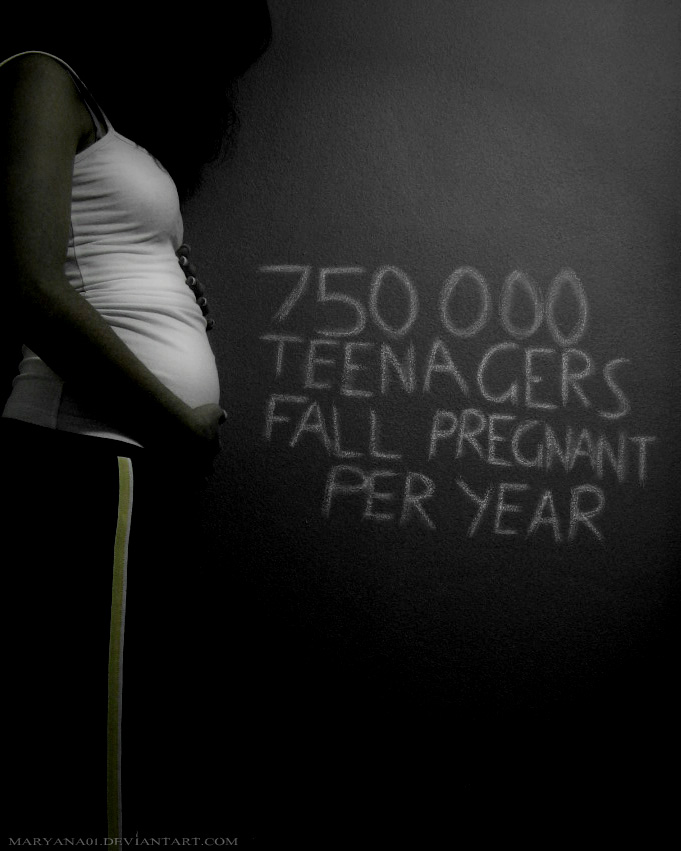
Pregnancy in girls under 8 years of age becomes possible in case of accelerated puberty. At the age of 9 to 16 years, pregnancy can occur even in cases where the dynamics of puberty is not ahead of the norm.
Classification of pregnancy. A distinction is made between pregnancy that occurred before puberty (violent ovulation occurs long before puberty) and pregnancy in a woman who has already entered puberty. In these two groups, the features of the course of pregnancy and childbirth and, of course, the tactics of their management differ significantly. In particular, during pregnancy and childbirth during puberty, there are fewer complications than at a younger age. nine0003
In addition, cases of pregnancy that occur in girls without signs of precocious puberty (on the one hand) and those who have them (on the other) are to be distinguished. With premature puberty, pregnancy often occurs with its true variant than with pathological (on the basis of a tumor, etc. ).
).
The effect of pregnancy on a girl's body. There is no doubt that pregnancy, if it occurs at a young age, accelerates the processes of somatic and puberty. The secretion of estrogen and progesterone is not inferior to that of adult pregnant women. nine0003
Changes in the bone pelvis are especially evident, which during pregnancy in 13-15-year-olds can reach the size characteristic of 16-18 years old. However, the outer conjugate increases more slowly than the other outer dimensions. Of the young primiparous, 10.7% of births proceed in the presence of an anatomically narrowed pelvis; at the same time, to a greater extent than in adult women, hydrophilicity and elasticity of the ligamentous apparatus, symphysis and cartilaginous zones are expressed. All this provides some flexibility of the bone ring. nine0003
We have to observe how in a girl without pronounced secondary sexual characteristics before pregnancy, they appear even if the pregnancy was terminated at an early date.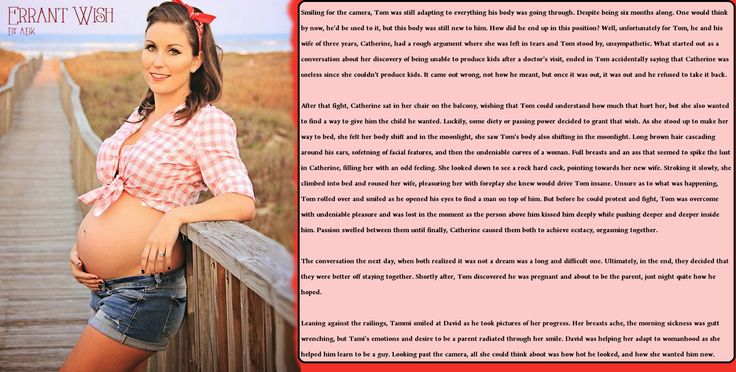
As for the mental reactions of young pregnant women, according to our observations, they correspond to age, but do not outstrip it. Psychopathies and psychoses are rare, mostly with rape (reactive psychosis). A number of character traits revealed in this group are explained by the shortcomings of education. So, after polling 79underage pregnant women, they stated the predominance of their independent character, a tendency to experiment, impracticality, poverty of the emotional world, bad manners.
Features of the course of pregnancy in adolescence. Pregnancy proceeds, as a rule, favorably. Its duration is 38 ± 0.9 weeks, i.e., slightly less than in adult women. Prematurity is 3%. Overlapping is almost not observed. Multiple pregnancy in young is less common (1: 100) than in older age groups. nine0003
Early toxicosis was diagnosed by us in isolated cases. Complication of pregnancy by late toxicosis is observed, according to our data, in 0.5%, which is 20 times less than usual.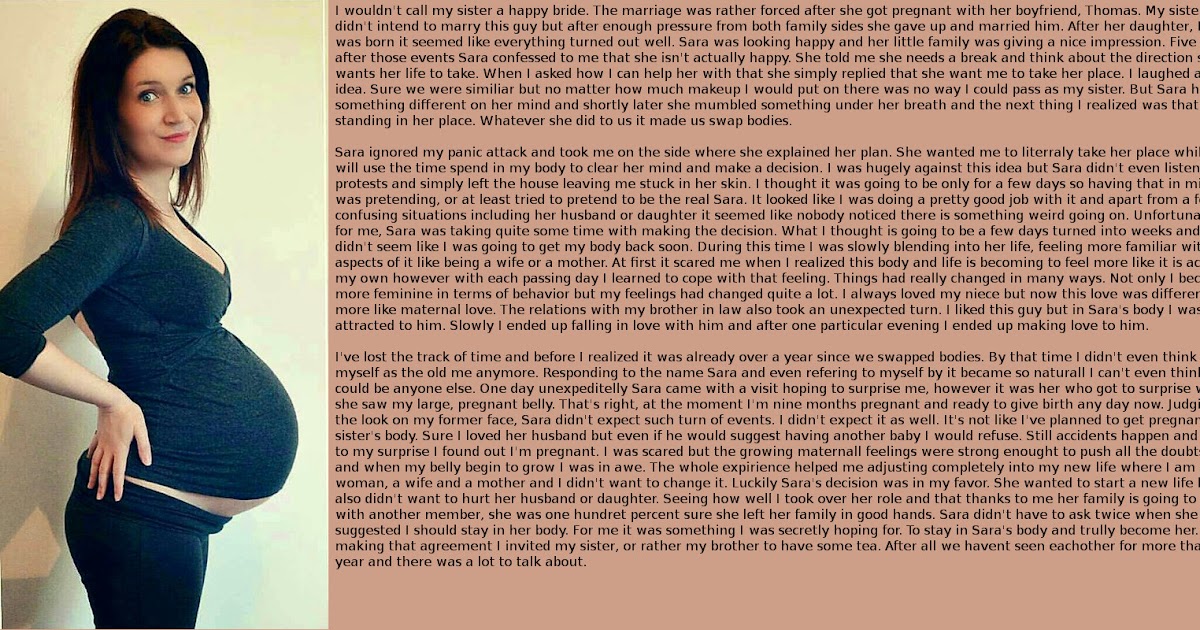 In the literature, there are completely different figures for the frequency of late toxicosis: 46-65.29%.
In the literature, there are completely different figures for the frequency of late toxicosis: 46-65.29%.
According to the opinion of the cited authors, pregnancy at a young age is generally complicated by 40-70%. This is significantly different from our data (no more than 5%), as well as from the opinion of W. Stockel, M. Shash and L. Kovacs (1967). Such a significant difference in the nature of the course of pregnancy is undoubtedly due to different tactics of management, in particular, the regular medical supervision adopted in the IMMI clinic throughout pregnancy and carefully observed preventive hospitalization. nine0003
Diagnosis of early pregnancy. Diagnosis of pregnancy at a young age is based on the identification of the same supposed, probable and undoubted signs as in adult women, however, the diagnosis is often established with a delay, that is, with the appearance of precisely reliable signs.
The main obstacle to correct and timely diagnosis is the young pregnant woman herself, who, due to a number of circumstances, either does not suspect pregnancy or hides the appearance of dubious (subjective) signs of pregnancy.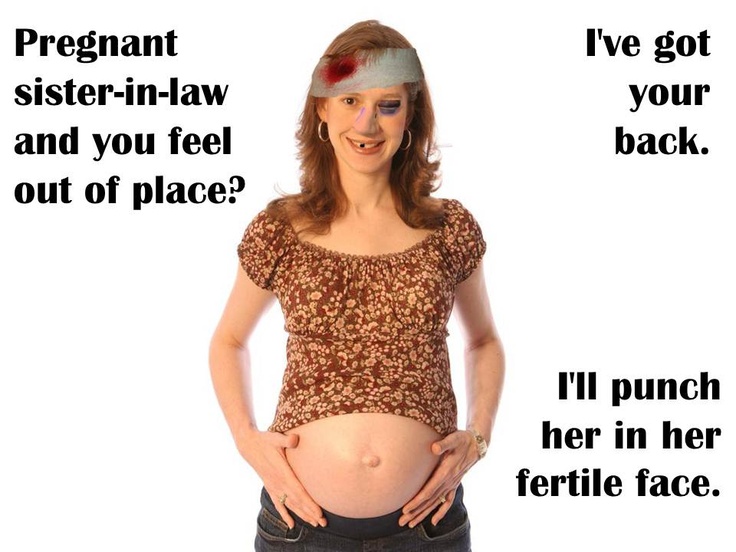 Sometimes a person whom the girl especially trusts learns about pregnancy for the first time: a school teacher, a pioneer leader, etc.
Sometimes a person whom the girl especially trusts learns about pregnancy for the first time: a school teacher, a pioneer leader, etc.
Often, the first diagnosis of pregnancy is made by the district pediatrician during examination and palpation of the abdomen.
Diagnostic errors in establishing pregnancy at a young age are a fairly common phenomenon. Even at the stage of acquaintance with the anamnesis, the assurances of the relatives accompanying the girl that "pregnancy is impossible here" lead to a medical error.
The integrity of the hymen or the absence of its integrity is not of decisive diagnostic value. Characteristically, in the first trimester of pregnancy, there is insufficient softening of the uterus, some lag in its size from the timing of the delay in menstruation, and a moderate severity of a group of probable signs based on ascertaining softening of the isthmus. nine0005 In addition to the generally accepted clinical diagnostic methods, one should not forget about the existence of such additional methods as the determination of placental lactogen, chorionic gonadotropin, abdominal radiography, ultrasound diagnostics, phono- and electrocardiography of the fetus.
In the process of differential diagnosis, it becomes necessary to distinguish pregnancy from the following diseases: anomalies in the development of the uterus, kidney prolapse, tumors of the small pelvis or abdominal cavity, obesity (often accompanied by amenorrhea), primary ectopic pregnancy (often in the right fallopian tube). nine0003
Pregnancy management. The very fact of establishing a pregnancy diagnosis imposes additional responsibility on the doctor for the fate of a young mother and her child. First of all, we have to resolve the issue of the possibility of carrying pregnancy and giving birth with minimal damage to health. The decision must be strictly individual. The age of the girl and the gestational age are decisive. Stereotypical decisions aimed at, say, unconditional termination of pregnancy can be harmful, as there are situations, especially in the second trimester, in which the risk associated with termination outweighs the health damage from the burden of pregnancy and childbirth. nine0003
nine0003
In healthy girls of 15-17 years of age in the first trimester, a positive decision on the issue of leaving the pregnancy is preferable, because pregnancy and childbirth are usually successful. At the same time, the risk of complications associated with induced abortion at a young age is greater than in adult women. In the presence of serious illnesses or the occurrence of complications that threaten health, an abortion is undertaken according to the relevant indications.
If a schoolgirl has a full term pregnancy, then school attendance is undesirable for ethical and pedagogical reasons. In addition, the study load adversely affects the formation of gestational dominance and can be an etiological moment in the development of late toxicosis of pregnant women. We must not forget that the need for frequent hospitalization also does not favor the continuation of studies. nine0003
The girl is registered in the antenatal clinic and periodically (at least 3 times during pregnancy) goes to the antenatal department, where an in-depth monitoring of her health and the development of the fetus is carried out. Preventive or curative measures are taken as needed; in particular, foci of latent infection are eliminated and the vagina is sanitized. Particular attention in the hospital is given to physio-psycho-prophylactic preparation for childbirth, since this is difficult to implement in the antenatal clinic. nine0003
Given that at a young age, childbirth occurs 1-2 weeks earlier than in adult women, the last admission to the hospital should be made no later than 36-37 weeks of pregnancy. During this time, the next examination is carried out, preparations for childbirth are carried out and a plan for their maintenance is drawn up.
The course of childbirth. The course and outcomes of childbirth significantly depend on the girl's belonging to a certain age group. If at the age of 14 and younger the percentage of severe complications is high (15), then in the group of 15-17 years the percentage of complications decreases sharply (1-2). nine0003
In parturient women under 14 years of age, the following structure of the main complications in childbirth can be outlined:
a) clinical discrepancy between the fetal head and the mother's pelvis,
b) weakness of labor activity,
c) injuries of the birth canal,
d) hypotonic bleeding (listed in descending order).
At the same time, in women in labor 15-17 years old, the structure of complications is somewhat different:
a) rapid delivery,
b) primary weakness of labor,
c) rupture of the cervix and perineum,
d) hypotonic bleeding.
Thus, most of the complications owe their genesis to a violation of the contractility of the uterus, due to both the immaturity of the regulatory links and the inferiority of the executive tissues (myometrium).
Birth management. Delivery of young pregnant women should be carried out in highly qualified institutions, preferably those with specialists with relevant experience and round-the-clock anesthesia and pediatric services. The doctor and midwife require a special approach to the young woman in labor, dictated by the need to reckon with the unusual position, emotional lability, low threshold of pain sensitivity and the constant threat of complications for the mother and fetus. nine0003
In the first stage of labor, in parallel with careful monitoring of the dynamics of structural changes in the cervix (external methods are preferred, for example, the Rogovin method), it is necessary to prescribe antispasmodic agents, thereby reducing pain.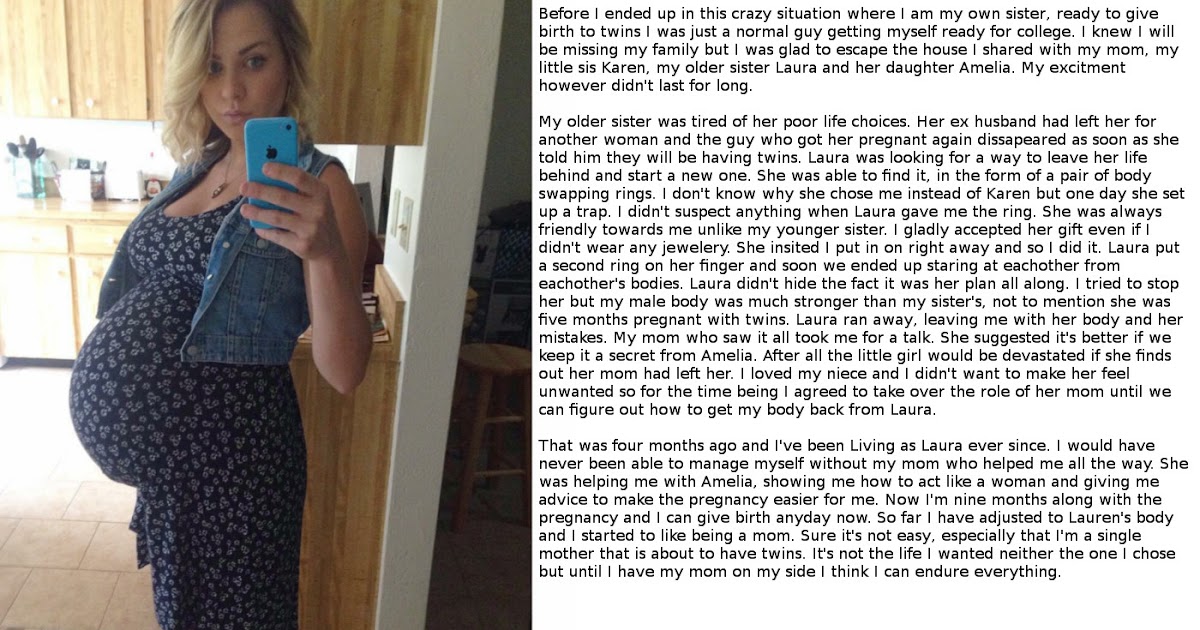
The use of anesthesia is based on a sufficient choice of means. The widespread use of painkillers is not justified in cases where there is a high possibility of a clinical discrepancy between the fetal head and the mother's pelvis. For the same reasons, the appointment of strong uterine stimulants is contraindicated. nine0003
Surgical interventions among young women in labor are undertaken no more often than usual in clinical practice: perineotomy - in 12%, obstetric forceps - in 1%, caesarean section - in 0.5%. Vacuum extraction of the fetus is not used at all. Those authors who point to a high incidence of late toxicosis in young pregnant women, naturally, give a high percentage of operative delivery (17-22%).
In pregnant women under the age of 14 years (especially younger than 12), it is more likely than at an older age to tend to delivery by caesarean section in a planned manner at term 39-40 weeks. The determining circumstances are the size of the pelvis, the nature of the presentation, the estimated weight of the fetus and the state of health of the girl. 1-3 hours before the production of caesarean section, the fetal bladder is opened. This achieves gradual emptying of the uterus and, consequently, the prevention of hypotonic bleeding and lochiometers.
1-3 hours before the production of caesarean section, the fetal bladder is opened. This achieves gradual emptying of the uterus and, consequently, the prevention of hypotonic bleeding and lochiometers.
If the doctor has a hope for a spontaneous completion of labor, then at first he conducts labor conservatively; in the future, the appearance of complications makes it necessary to proceed with operative delivery. With modern anesthesia, a caesarean section poses no greater risk for a pregnant woman under 14 years of age than, for example, delivery per vias naturales or a fetus-destroying operation. In addition, during the abdominal surgery, it is possible to revise the pelvic organs, in particular, to assess the condition of the ovaries. nine0003
Transfer to the postpartum department after spontaneous delivery and examination of the soft birth canal is usually carried out not after 2-4 hours, but after 10-12 hours due to fear of not noticing the onset of hypotonic bleeding.
In the postpartum period, the issue of breastfeeding is solved in different ways, depending on the plans of the guardians, the adoptive parents of the child. In relation to women in childbirth under the age of 14 and older who refuse children, measures are taken to stop lactation. Subsequently, a visit by a girl to the same group of students, obviously, cannot be considered justified from a pedagogical point of view. nine0003
Thus, pregnancy imposes additional requirements on all organs and systems of a young pregnant woman, which, due to age characteristics, are in a state of functional stress. Our experience convinces us that careful monitoring of such pregnant women in a antenatal clinic and especially a hospital, timely and targeted correction of the observed deviations, as well as careful management of childbirth naturally reduce the number of complications.
"Mom, I'm pregnant": what to do if a teenager shared a secret with you
Help and support
“I got pregnant at the age of 15. And the first person to know about it was my mother. I didn't even think about going to someone else. We talked, decided that it was better to terminate the pregnancy, especially since I had severe pain. Mom said that she was very sorry for this child and very sorry for me. She did not scold and did not condemn, did not lament, she simply helped me find a good doctor and supported me after. I remember how we even smoked a cigarette when we talked about it,” says Maria, 40 years old. nine0003
And the first person to know about it was my mother. I didn't even think about going to someone else. We talked, decided that it was better to terminate the pregnancy, especially since I had severe pain. Mom said that she was very sorry for this child and very sorry for me. She did not scold and did not condemn, did not lament, she simply helped me find a good doctor and supported me after. I remember how we even smoked a cigarette when we talked about it,” says Maria, 40 years old. nine0003
It happens that a son or daughter shares not a frightening secret, but a joy that is simply difficult for you to share. After all, sometimes we imagine happiness for our child in a completely different way. For example, a son tells his father that he entered a culinary college, got a job in a restaurant washing dishes, because he dreams of becoming a cook. And the father throws a tantrum in response, because he wanted his son to become a physicist or mathematician. How to respond to all this?
"Difficult topics are difficult to talk about, but avoiding them is much more dangerous"
Yulia Schukina, psychologist
It is important to emphasize that in such situations both parties need support, because it is difficult for both the parent and the teenager. At the same time, many difficult questions and tasks arise.
At the same time, many difficult questions and tasks arise.
How do I feel?
It is necessary to understand how the parent perceives this news, what emotions it causes (fear, sadness, irritation, guilt, etc.) and what is his attitude to the event and his feelings.
You can ask yourself questions: “How do I feel about what happened? How do I feel about being scared? It is normal to experience different feelings, there can be many of them. And anger, and sadness that it doesn't work out the way you once wanted, and fear for the future. nine0003
Often in such situations, fear takes over: “What if it gets worse?”
Through the prism of this fear, what happened often seems more terrible than it really is. Here it is important to check the real state of affairs. Decide what knowledge about your child can be used to predict the future.
How can I express my feelings?
Find the right way to express your attitude and feelings. It can be a cry, tears, some words. Which ones are suitable in a conversation with your teenager? For example, in the story of Mary, her mother said that she was very sorry. Or it could be the phrase: "I'm worried, I'm afraid that something bad will happen to you." Or: “I don’t like this, it causes fear for you, but I really appreciate what you shared, thank you.” nine0003
It can be a cry, tears, some words. Which ones are suitable in a conversation with your teenager? For example, in the story of Mary, her mother said that she was very sorry. Or it could be the phrase: "I'm worried, I'm afraid that something bad will happen to you." Or: “I don’t like this, it causes fear for you, but I really appreciate what you shared, thank you.” nine0003
You need to emphasize how much his honesty means to you. If it is important to you that a teenager came with his secret, tell him about it, let him know that you are grateful to him for his trust. The man decided to discuss with you something very important to him. And it depends on you whether it will be accepted or discounted. This does not change the fact that you may not like what happened, but the value of trust is definitely worth emphasizing.
How is my child feeling now? What can I do for him? nine0022
What is important for a teenager? Do you need help right now, support in something, care or information? You can find out, for example, by asking directly.
When the issue of the need for emergency assistance is resolved, emotions and feelings are identified, you can move on to a conversation. We can discuss this experience. Ask the teenager how he feels about what happened. What does he think is normal, acceptable, and what is not? Does he understand what to do next?
Further, if you have any agreements and they have been violated, you can turn to them, remind them of the consequences that will inevitably follow. But only if you agreed on this in advance. nine0003
You can also tell the teenager what is important to know in these situations. It may be worth giving some information, for example, about contraception or how alcohol affects the young brain. Only not in the format of a lecture or moralizing, but out of a sense of care.
Think, how do you yourself understand that people are talking to you out of a position of concern, and not out of a desire to reproach? What do you pay attention to: special intonations or gestures? Maybe some special, special words are needed? Difficult topics are difficult to talk about, it's true, but avoiding them is much more dangerous.